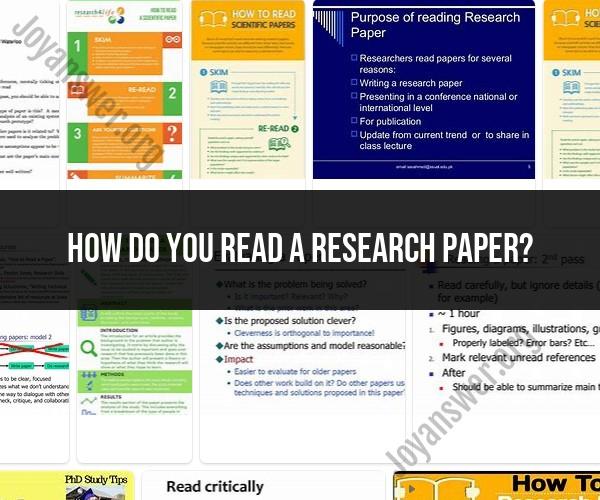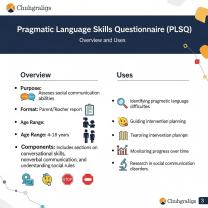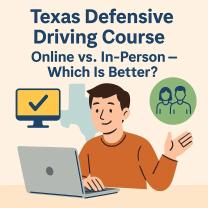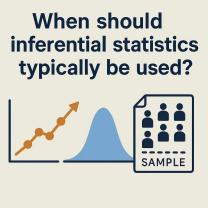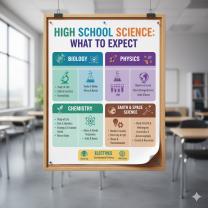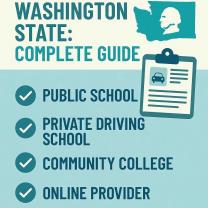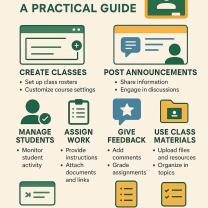How do you read a research paper?
Reading a research paper effectively requires a systematic approach and careful attention to detail. Here are steps and tips to help you read a research paper:
1. Skim the Paper: Before diving into a research paper, start by quickly skimming it to get an overview of its content. Pay attention to the following elements:
- Title: Read the title to understand the paper's subject.
- Abstract: Read the abstract, which provides a summary of the paper's key points and findings.
- Section Headings: Scan the section headings to identify the paper's structure and main topics.
- Figures and Tables: Look at any figures, tables, or diagrams to grasp the visual representation of data.
2. Read the
- Begin your detailed reading with the introduction. The introduction should explain the research problem, the significance of the study, and the research question or hypothesis.
3. Examine the Methodology:
- Study the methodology section to understand how the research was conducted. Pay attention to the research design, data collection methods, and any statistical or analytical techniques used.
4. Analyze the Results:
- Carefully examine the results section. Look for key findings, data presentation (tables or graphs), and statistical analyses. Assess whether the results support the research hypothesis or answer the research question.
5. Review the Discussion:
- Read the discussion section, where the authors interpret the results, discuss their implications, and relate them to the existing literature. Look for critical analysis and insights.
6. Check the References:
- Glance at the list of references to identify sources that may be relevant to your understanding of the paper or for further reading.
7. Take Notes:
- As you read, take notes on key points, findings, methodology, and any questions or concerns you have. Note any terminology or concepts you don't understand for further investigation.
8. Engage Actively:
- Engage with the paper actively by asking questions as you read. Consider the strengths and weaknesses of the research, its methodology, and the authors' arguments.
9. Read Critically:
- Approach the paper with a critical mindset. Be open to evaluating the quality of the research and the validity of the findings.
10. Seek Clarification:
- If you encounter terms, concepts, or methodologies you don't understand, seek clarification by referring to textbooks, articles, or online resources.
11. Discuss and Reflect:
- After reading, engage in discussions with colleagues, peers, or mentors to gain different perspectives on the paper. Reflect on how the paper contributes to your field or research interests.
12. Revisit as Needed:
- Don't hesitate to revisit sections of the paper as needed, especially if you're writing a summary, critique, or using the paper as a reference.
Tips:
- Consider the paper's purpose: Is it primarily informative, experimental, analytical, or exploratory? This can help you frame your reading.
- Pay attention to the methodology's rigor and appropriateness for the research question.
- Identify potential biases or limitations in the study.
- Look for keywords or phrases that summarize key points.
- Take breaks to avoid information overload, especially with complex papers.
- Practice active reading by asking questions and making connections with your own research or interests.
- Keep a dictionary or glossary handy for unfamiliar terms.
Remember that reading research papers can be a skill that improves with practice. As you read more papers in your field, you'll become more adept at quickly grasping the main ideas and critically assessing their quality and relevance.
